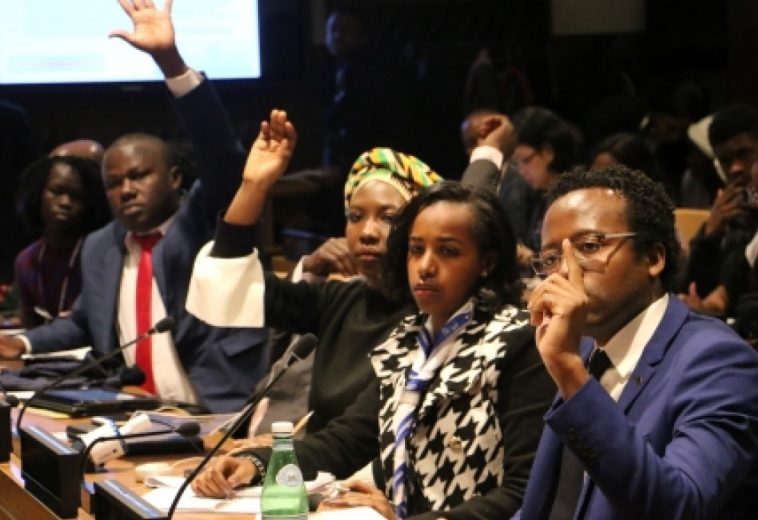The fight against the proliferation of illicit small arms and light weapons (SALW) has been an essential component of Africa’s efforts to promote peace, stability, and economic growth in the continent. The widespread availability of illicit arms has perpetuated conflicts, violence, and instability in many parts of Africa, undermining regional security and development.
The Small Arms Survey estimates that approximately 40 million illicit firearms are circulating in sub-Saharan Africa. African Development Bank reports that conflicts fueled by illicit arms cost the continent a staggering $18 billion annually, underscoring the dire consequences of this issue. Despite these challenges, African countries, regional organizations, and international partners have collaborated to make significant progress in combating this menace.
African nations have committed significant resources to combating illicit small arms and light weapons, with African Union (AU) member states collectively allocating around $2 billion annually towards controlling and eradicating these illegal weapons. The investment has been focused on strengthening border security, implementing disarmament programs, destroying arms, and training law enforcement personnel. The efforts have been remarkably effective, with African countries reporting the recovery and destruction of over 1.2 million illicit firearms between 2016 and 2023.
International donors are making contributions to Africa’s efforts to combat illicit weapons providing approximately $1.5 billion in funding between 2016 and 2023 to support various initiatives aimed at controlling and reducing the proliferation of these weapons in the continent. This financial support has enabled the implementation of numerous programs, including capacity-building initiatives for law enforcement agencies, improvements to border control infrastructure, and community awareness campaigns.
Success Stories and Arms Recovery
The African Union’s Silencing the Guns Initiative, launched in 2013, has made significant progress in reducing armed violence and promoting disarmament, with the ambitious goal of ending all conflicts on the continent imminently. Regional organizations, such as the Economic Community of West African States (ECOWAS) and the Southern African Development Community (SADC), have also implemented effective arms control measures, including ECOWAS’s comprehensive small arms control program that involves marking, tracing, and destroying illicit arms.
Kenya, Nigeria, and Uganda have made progress in illegal arms control. Since 2018, Kenya has confiscated and disposed of more than 50,000 illegal firearms. Nigeria’s National Centre for the Control of Small Arms and Light Weapons has curbed the spread of illicit arms through enhanced border security and public awareness campaigns. In Uganda, the recovery and destruction of over 100,000 illicit arms in the past five years have led to a significant reduction in armed violence and improved national security.
READ ALSO: Manchester Meltdown: How a Power Outage Rippled Through Global Travel
The reduction in illegal arms has positively influenced the African economy by improving security, attracting foreign investment, boosting tourism, and promoting economic stability. For instance, Rwanda’s concerted efforts to control illicit arms have been instrumental in driving its economic growth, with the country experiencing a 7.2% increase in GDP in 2023.
While Africa’s efforts to combat illicit small arms and weapons have recorded successes, sustained investment, international cooperation, and strong regional initiatives are crucial. Tackling the underlying causes of illicit arms proliferation and fortifying arms control mechanisms can create a more secure and stable environment conducive to sustainable development and economic growth.


